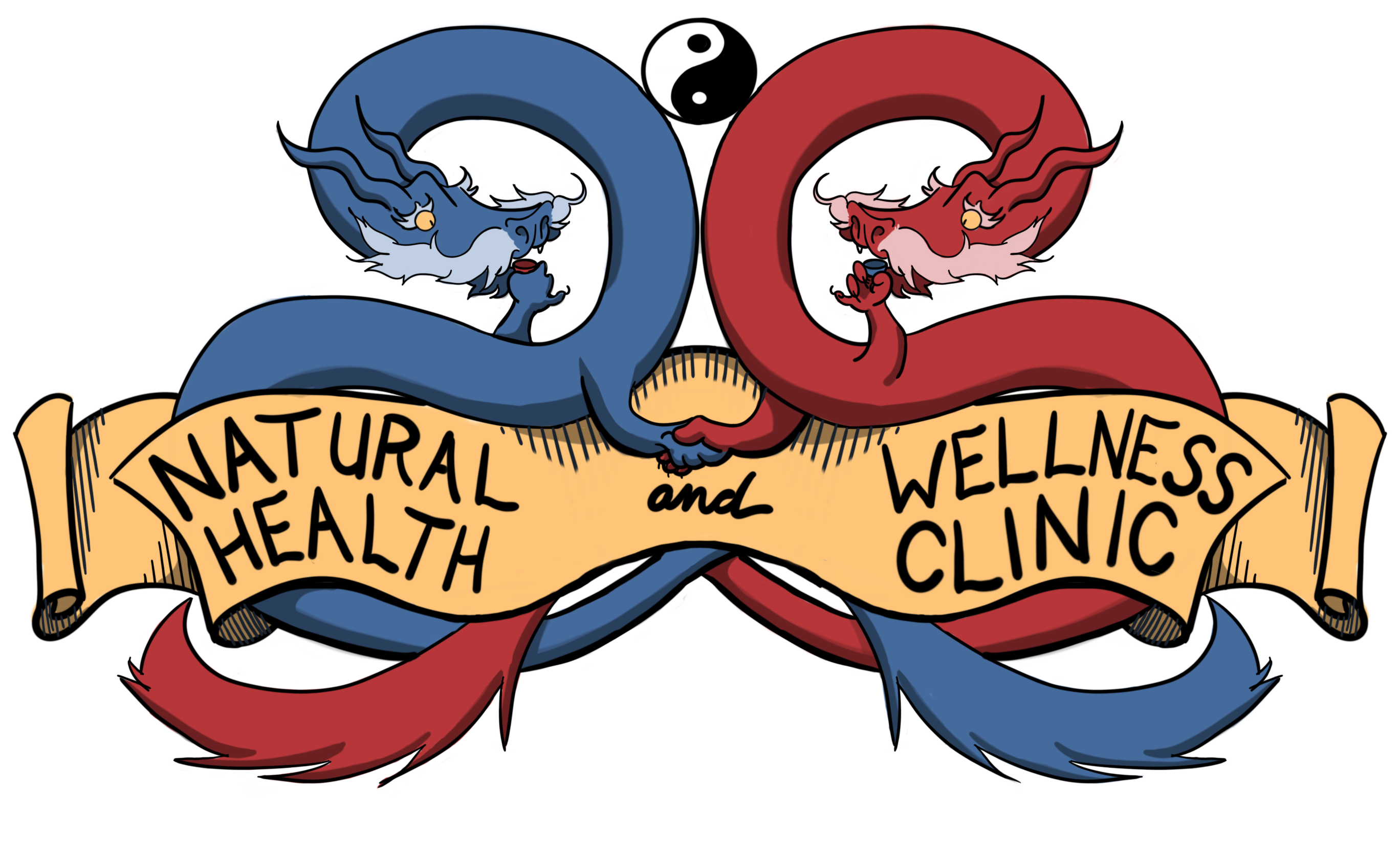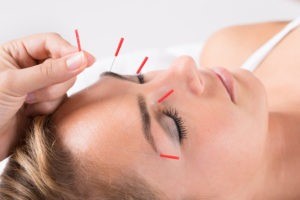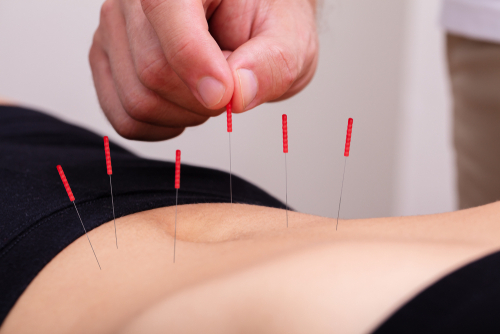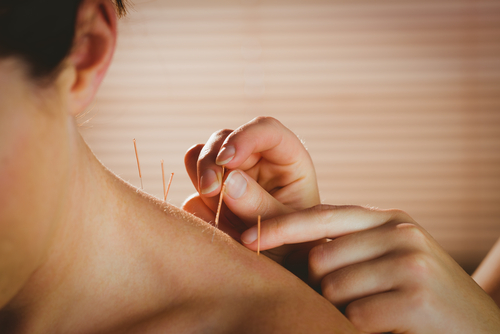More than 20% of adult women and 10% of adult men in the United States report having experienced a migraine or severe headache in the past 3 months, according to the Centers for Disease Control and Prevention. More people complain about headaches than any other type of ailment. There are approximately 45 million Americans suffering from chronic headaches each year, or about one in every six people, according to IHateHeadaches.org, and some of your choice painkillers may actually be triggering MORE headaches
Unfortunately, over-the-counter pain relievers aren’t always effective at keeping severe headaches under control. In some cases, they can even cause rebound headaches that make the problem worse.
Drugstore pain relievers aren’t the only solution for treating headaches, though. Many people find relief in the form of traditional Chinese medicine.
Traditional Chinese medicine is a complementary health approach that blends ancient Chinese medical practice with modern medicine. It involves a variety of approaches, including herbal supplements, cupping, therapeutic massage, and traditional dietary principles. One of the best-known elements of traditional Chinese medicine – and one that plays an important role in treating headaches – is acupuncture.
Acupuncture involves inserting very thin needles into specific points of the body to restore balance to the flow of energy within the body. While we’re not entirely sure how it works, one theory holds that inserting needles dilates blood vessels, allowing more nutrients to flow to those areas of the body. Acupuncture might also stimulate the body to release anti-inflammatory chemicals that reduce swelling and promote healing.
What we do know is that acupuncture can provide profound relief for people with headaches. Among people who suffer occasional severe headaches, that relief can be immediate. In these patients, one session of acupuncture is often enough to ease the pain. In people with chronic headaches or migraines, however, treatment typically takes more time.
Traditional Chinese medicine is all about finding balance. If you suffer from chronic headaches, something in your body is out of balance. To get to the root of the problem, we examine the whole person. And we often spend a lot of time talking about the patient’s health and lifestyle to understand what’s really going on.
The problem might be something external, such as a virus or a poor diet. Or it might be internal, such as a hormone imbalance or magnesium deficiency. I’ve seen patients suffering from chronic headaches who were simply dehydrated and needed to drink more water. Others have had allergies, mineral deficiencies or food sensitivities that had never been diagnosed.
The root is whatever is causing the headache, and the branch is the pain itself. Chinese medicine works to treat both the root and the branch, so the result is more long-term, instead of just temporarily relieving the pain. Once we identify the source of the problem, we can correct it with a blend of medical approaches including dietary changes, herbal supplements, acupuncture and therapeutic massage.
Not all headaches are the same. Therefore, one treatment method may not be right for treating all types of headaches. There are four main types of headaches classified in Western medicine: Tension headaches, Sinus headaches, Rebound headaches, and Migraine headaches.
- Tension headaches – These are the most common type of headache; a person will feel pain most likely at the temples or back of the head and neck. Over-the-counter treatments, such as aspirin, ibuprofen, or acetaminophen are what most people use to treat them and these treatments are usually sufficient. However, if you’re looking for a more natural, chemical-free, treatment to rid yourself of a tension headache, try a pressure point called Large Intestine 4. This point is located between the thumb and forefinger and is pretty powerful. Most people will feel the pain start to drain right away. This treatment work well for the pain, but does not work to treat the root of the problem.
The root of a tension headache is usually the neck being slightly out of alignment, which impinges the nerves and blood flow. The neck can get this way just from sleeping on poor pillows, your pillow needs to be thick enough to keep the head in the proper position.
- Sinus headaches – People who suffer from sinus headaches also suffer from sinus infections. The sinus infection leads to the headaches and oftentimes fever. Sinus headaches can be treated with antibiotics, antihistamines, or decongestants. A Chinese medicine treatment would involve using acupuncture locally around the nose and sinuses, or the base of the skull.
- Rebound headaches –This type of recurring headache can, ironically, be spawned by the painkillers you are using to treat your current headache. They are usually caused by the overuse of painkillers (ex. aspirin, acetaminophen, ibuprofen, or prescription drugs). If you use headache medications on a regular basis (more than a couple days a week), and notice an increased number of headaches as a result, it is recommended to stop taking your current pain medication. The reason for the headaches is that the body has developed a dependence on these medications; acupuncture treatment can help downsize these withdrawal symptoms.
- Migraine headaches – One of the most talked about types of headache, migraines can exhibit qualities including: pain lasting 4-72 hours, one sided pain, throbbing pain, moderate-to-severe pain, and pain that interferes with routine activity. Usually migraines are accompanied by nausea/vomiting, and/or sensitivity to light and sound. The root of migraines in Chinese medicine is many times blood qi deficiency, yin deficiency, or heat, but there could be other roots, so as mentioned earlier, the person affected by migraines should see an acupuncturist to be properly diagnosed and treated.
Information referenced from:
https://www.ncbi.nlm.nih.gov/pmc/articles/PMC3921614/




